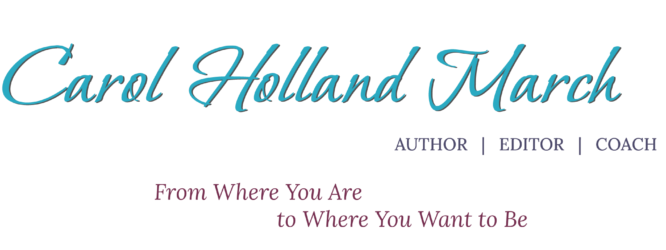
The stories of our daily lives have changed. We had no choice. We’re working at home. Not working. Home schooling the kids. Can’t travel. No baseball games, concerts, movies, or parties. We learned to operate on Zoom and discovered you can order anything, literally anything, on Amazon.
The changes were abrupt and startling. We adjusted and asked a lot of questions.
- When will it be over?
- Am I safe?
- Is any of this true?
- When will life go back to normal?
For answers, there’s no lack of stories.
- It will end in the summer.
- The virus will run its course like the flu.
- Only old people are at risk, so don’t worry about it.
- We don’t know what’s going to happen.
- The way the story ends depends on how we behave.
We find ourselves in the role of protagonist.
But is that anything new?
There are so many stories to choose from. As much as humans love inventing stories, then repeating and elaborating on them to entertain each other, this is different, isn’t it?
Yes, and no.
Before written language, people told stories. They relayed what plant was safe to eat, what trail led away from the lion’s den and which one to follow for water.
Stories based on facts won.
When the story is about our health, safety, how we work, and how we provide for our families, we want a story based on the best facts available.
But when the story is about how we respond to abrupt cultural change and how we feel about it, that’s different. It’s about our lives. We get to make it up.
We tell a story about how we’re doing. What adjustments we’ve made. What’s going to happen. What it all means. It’s how our brains work. They want to know the next step. An unfinished story makes them squirm.
We tell the story of our lives all the time. To friends, to colleagues, when we’re interviewing for a job, or talking to a realtor about buying a house. The stories may be snippets, short stories, or in some cases, novels. This is who I am. This is what I did. This is what happened. This is what I’m going to do.
Our story makes up our personal myth.
- I’m the kind of person who always . . .
- I love a challenge.
- Nothing stops me from reaching my goals.
- If my family had been supportive, I could have . . .
- Relationships never worked out for me.
- Boredom is the worst, so I go where the adventure is.
Now that life has changed, are you changing your story? Developing a new plot? Inviting new characters into it?
In fiction the hero’s journey is a familiar plot. The protagonist ventures forth, meets allies, vanquishes enemies, and after conflict and difficulty, seizes the prize. Whether the prize is a princess to love, treasure, or hard-won knowledge, he meets his destiny. He was brave and developed skills.
Another journey is that of the heroine, taken by both men and women. It does not require a quest, but instead follows an inner path where memories, feelings, and beliefs are examined. The goal is to be authentic. The heroine examines her values, decides how much of the common wisdom applies, and who she will be in the future.
This time seems perfect for the inner journey, a pause to examine our lives, notice our reactions to the changes we’ve had to make, and decide what can be left behind. As we move forward, we may need a new perspective. New plans. A new attitude.
If you’ve thought about writing the story of your life, for personal development, legacy, or memoir, this may be the time. Especially if that story is changing. Writing helps sort things out so you can become the conscious narrator of who you are and who you will become.
I offer a class on Writing the Story of Your Life through UNM Continuing Education. Contact me to learn more about it.

